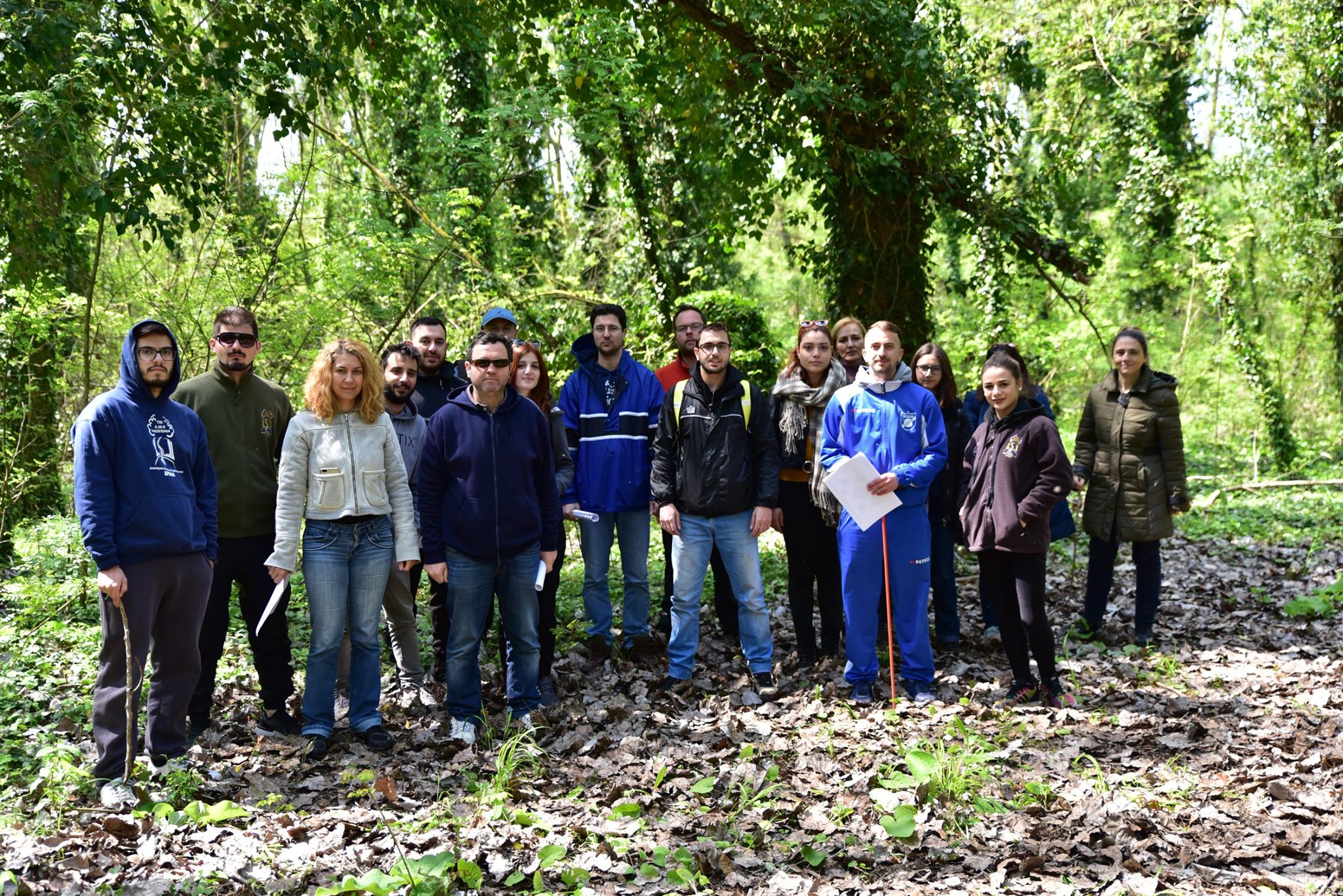Man & Water Students Visit the Nestos Delta and the Nestos Gorge
The Man & Water Master’s program is organized by the UNESCO Chair Con-E-Ect which is established in International Hellenic University (former EMaTTech). This program provides students a holistic approach on water related issues by involving several sectors of water such as water management both in water surplus or water demand conditions, energy use, climate change and water legislation. One of the key activities of the program is field experiences. Specifically, the students visited the Nestos River and specifically its Delta and Gorge. This visit complimented the courses “Riparian and Deltaic Areas Ecology and Management” taught by George Zaimes and “Ecosystems and Water Conservation through Ecotourism Practices” taught by Valasia Iakovoglou.

The riparian forest of the Nestos Delta hosts one of the most unique and highly ecologically significant riparian forests in the Mediterranean region. It hosts four natural riparian forest habitat types, with more than 307 different birds (34 endangered), and many mammals, reptiles and insects. Dimitris Filiadis from the Forest Service explained the current management of the Nestos Delta at the Educational Center near Nea Karia, Kavala. Then the students entered the riparian forest and took field measurements on riparian vegetation to evaluate the species composition, density etc. and to assess the overall conditions. The next stop was the Nestos Gorge were the riparian forest is called aesthetic, because of its natural beauty that is related to it’s geomorphologic conditions. Dimitris Filiadis informed the student about the three dams of Nestos River in the Greek territory. George Zaimes discussed with students the implications of Nestos River being transboundary, the impacts of the dams on the river functionality and the riparian vegetation, while the student also measured the river discharge. Finally, Valasia Iakovoglou explained to the students the ecotourism opportunities and how these promote the sustainable management of the river. The students though this field trip had the opportunity to visit unique riverine, riparian and delta ecosystems. They took field measurements necessary to implement sustainable water, riparian and delta management plans. Finally, they learned the impacts that anthropogenic activities can have by these ecosystems.
